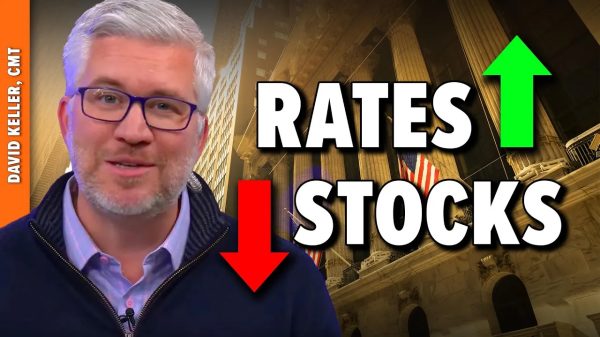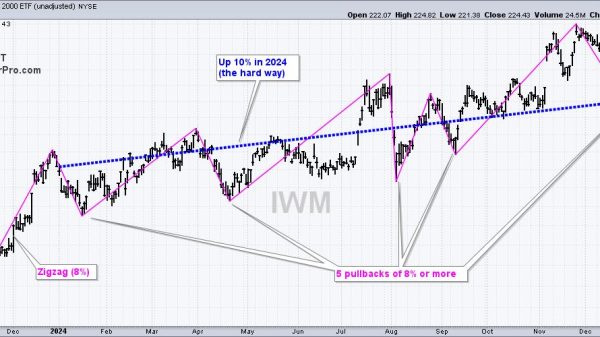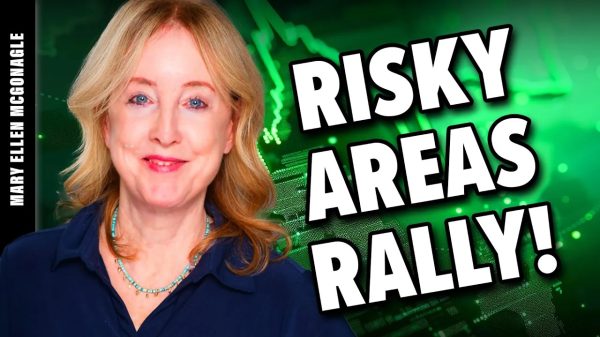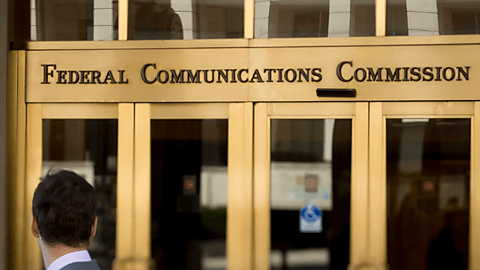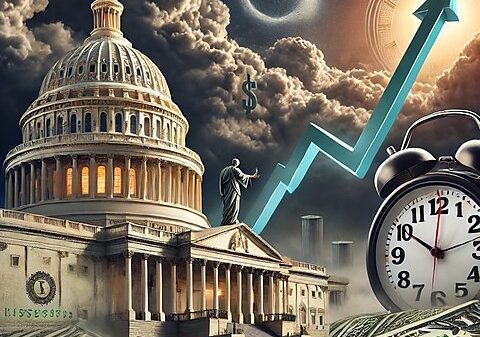Jai Kedia
Research by Cato’s Center for Monetary and Financial Alternatives (CMFA) shows that there is not much empirical support for the notion that the Fed can precisely control inflation.
Earlier this year, Cato published a paper that suggested monetary policy was the least important contributor to inflation, far behind both demand and supply factors in the economy. However, that paper used a simple approach (known as a VAR methodology) to study the sources of inflation. Cato CMFA’s newest research paper addresses this weakness and provides more robust evidence that the Fed cannot precisely control inflation.
Unlike the previous approach, the new working paper uses a sophisticated macroeconomic model, one that includes a variety of features to capture facets of the US economy accurately. The results are very similar to the first study—supply factors dominate the overall changes in inflation, both when looking ahead at inflation forecasts and when analyzing actual inflation in the US since 1960.
As Figure 1 shows, from 1960 to 2019, monetary policy has had a limited impact on inflation, increasing with the horizon of the forecast but never exceeding 5 percent. Supply factors— particularly goods market supply factors in the short run and labor market wage factors in the long run—affect most of inflation. Supply factors together account for 85 percent to 90 percent of inflation. As Cato scholars have pointed out for decades, monetary policy is particularly helpless in the face of supply‐driven inflation.
The maximum effect the report finds is Fed policy contributing 10 percent to inflation. And this finding applies only to the post‐financial crisis period and only at a very long forecast horizon. Conversely, monetary policy has a more significant influence on economic output, determining over 20 percent of its variation in the post‐financial crisis period. This finding implies that while the Federal Reserve’s actions have minimal effects on inflation, they could lead to more substantial recessions.
When analyzing US inflation from 1960 to 2019 (see Figure 2), a breakdown into its principal shocks largely confirms established accounts of modern US history: namely, goods prices (presumably through oil prices) and labor supply shocks caused high inflation in the 1970s, and investment shocks significantly influenced inflation following the financial crisis. The analysis confirms that monetary policy has had a limited impact and that inflation has predominantly been a supply‐side story.
Conclusions from this analysis are consistent with CMFA’s recommendations throughout the post‐COVID inflationary spiral—contrary to conventional wisdom, people should stop looking solely to the Fed to actively manage the economy. At best, such active management will be ineffective, at worst it will be ineffective and crash labor or credit markets.
The CMFA’s prior article claimed, “Anti‐inflationary policies necessitate a holistic approach and cannot merely rely on timely changes to the Fed’s policy rate.” The new analysis presented here confirms this recommendation with even more robust evidence.
For a detailed analysis, please see the Cato CMFA working paper. The author thanks Jerome Famularo and Nicholas Thielman for their excellent research assistance in the preparation of this essay and the working paper.






